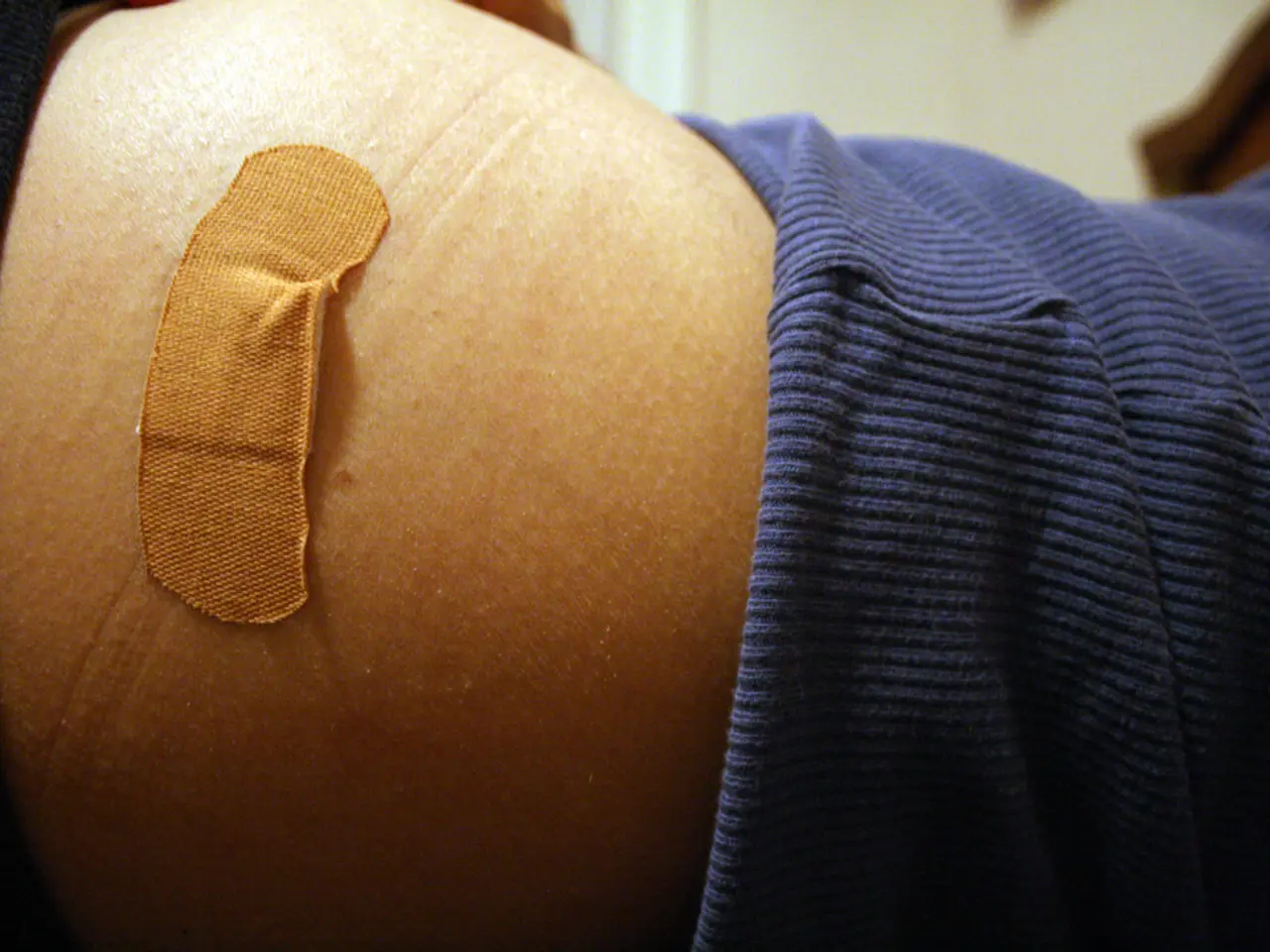Hospital Status in Trier Region, as per DRK-Klinik-Pleiten: Update
In the Trier region of Germany, hospitals are grappling with financial difficulties, compounded by inflation, wage increases, and unique challenges faced by rural healthcare providers. According to several hospitals, including the Krankenhaus der Barmherzigen Brüder in Trier, non-reimbursed personnel costs are a major problem.
To address the shortage of skilled workers, the Klinikum Mutterhaus der Borromäerinnen in Trier is advocating for the simplification and promotion of the integration of foreign skilled workers. However, the Marienhaus Group, responsible for hospitals in Bitburg, Gerolstein, and Hermeskeil, is implementing cost-saving measures but expects to incur losses this year.
Hospitals in rural areas operate under unique challenges, including immobility of elderly patients, inadequate transportation infrastructure, underdeveloped digitalization, and longer healing and inpatient stays for older individuals. These challenges have not been adequately addressed in the current reform discussions.
To alleviate these economic pressures, recent hospital reform efforts, such as the Hospital Care Improvement Act (KHVVG), aim to replace the current case-based reimbursement model with standby payments. These standby payments are expected to cover about 60% of operating costs, providing essential hospitals with stable funding regardless of patient volume.
Moreover, the reforms focus on improving emergency care systems by expanding integrated emergency centers (INZ) with fixed hours and digital networking, as well as ensuring 24/7 telemedicine and home visit services through medical associations. Additionally, the reforms aim to reduce administrative burdens to enhance operational efficiency.
Other essential aspects of the reforms include investing in modernizing infrastructure and emergency services, ensuring adequate reimbursement rates across all payers, and expanding telemedicine and integrated emergency care. These reforms are crucial to maintain medical service availability and quality for rural populations and to stem the trend of hospital closures in rural Germany.
However, the COVID-19 pandemic has exacerbated existing financial issues for hospitals in the Trier region, with many hospitals operating with budget deficits, and insolvencies and closures are not uncommon. Without urgent financial aid from the federal government, more hospitals could be driven into insolvency, and supply-critical situations could arise.
The Verbundkrankenhaus Bernkastel-Wittlich also expects a deficit in its budget this year, echoing the concerns of other hospitals in the region. The Trier region's hospitals hope the reform will bring adequate funding for long-term planning and investment, ensuring the sustainability of rural healthcare services.
References: [1] "Rural Hospitals in Germany: Aging Infrastructure and Sicker Patients Push Costs Up." German Hospital Federation, 2021. [2] "Financial Challenges Facing Rural Hospitals in the United States." National Rural Health Association, 2020. [3] "Hospital Care Improvement Act (KHVVG) – Reforms for German Hospitals." Federal Ministry of Health, 2021. [4] "Why Rural Hospitals in Germany are Struggling." Deutsche Welle, 2021.
- In light of the financial difficulties faced by rural hospitals in the Trier region, there could be potential benefits in exploring the integration of qualified foreign healthcare professionals, considering the staffing shortages.
- To achieve long-term stability, it might be prudent for hospital administrators to take personal-finance and budgeting principles into account while managing their institutions' finances, drawing parallels from successful financial strategies in other sectors such as finance and science.
- While focusing on the healthcare sector, it would be advantageous to investigate innovative funding methods from the health-and-wellness industry to support rural hospitals in the Trier region, thus ensuring that essential services are available to all citizens.




